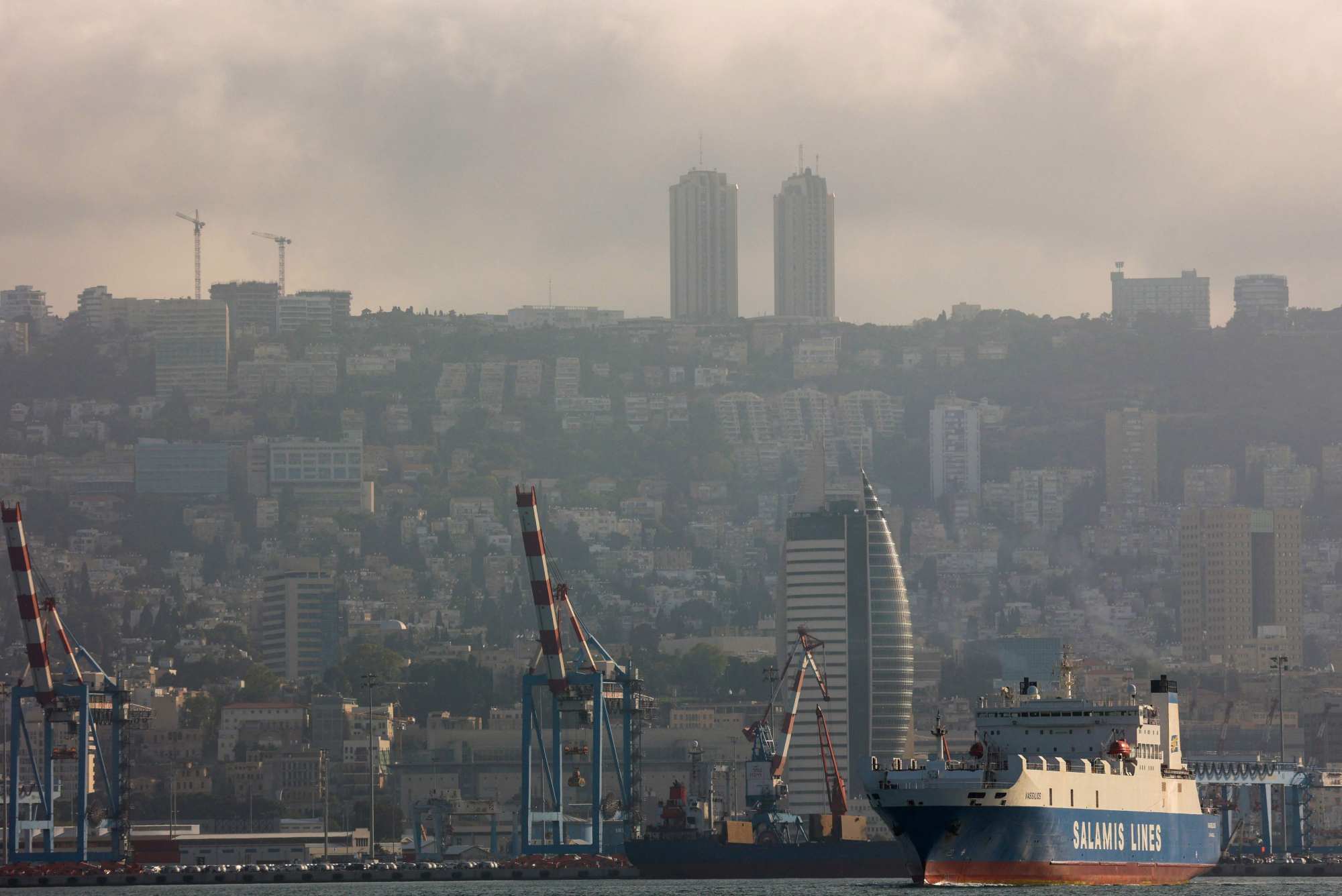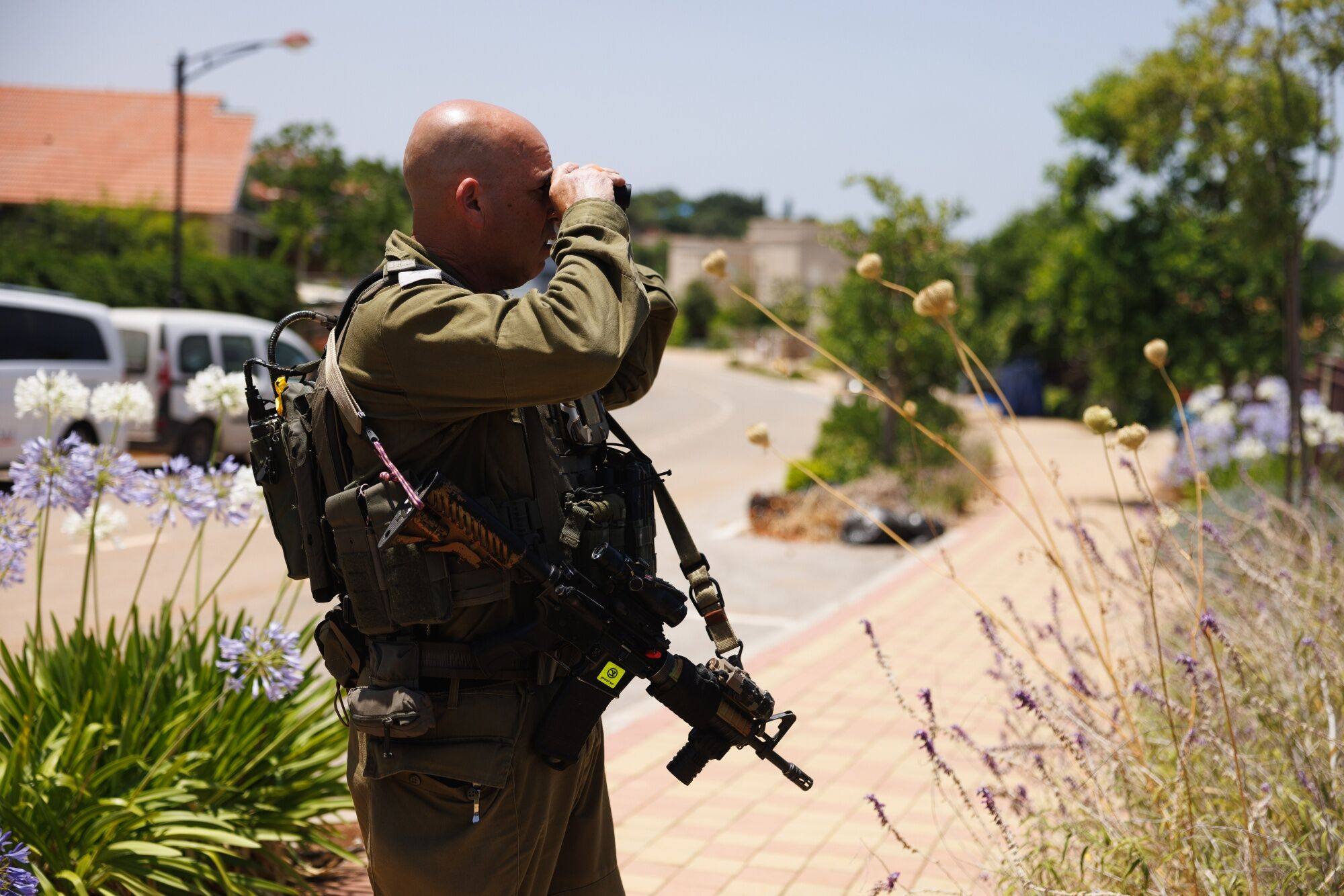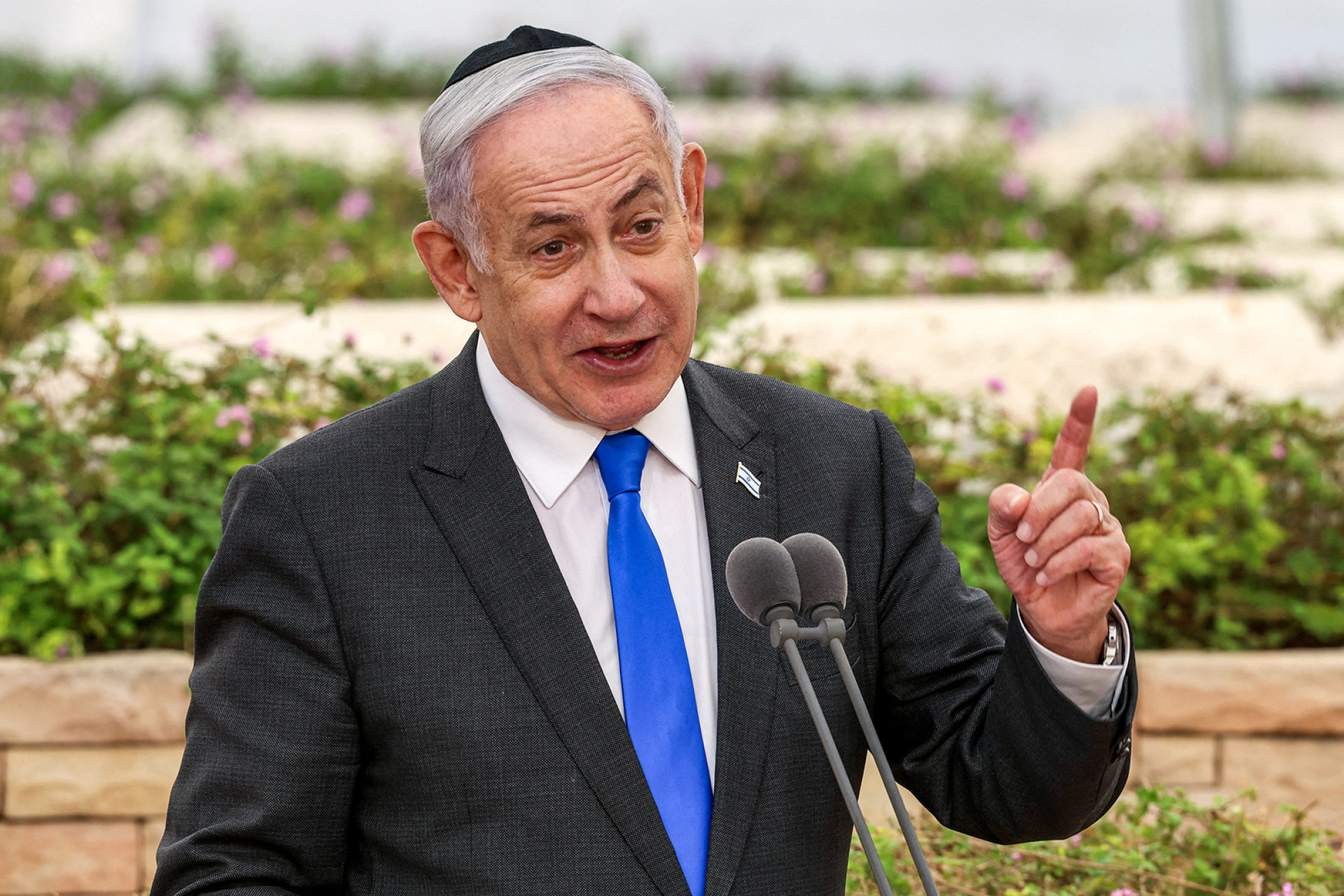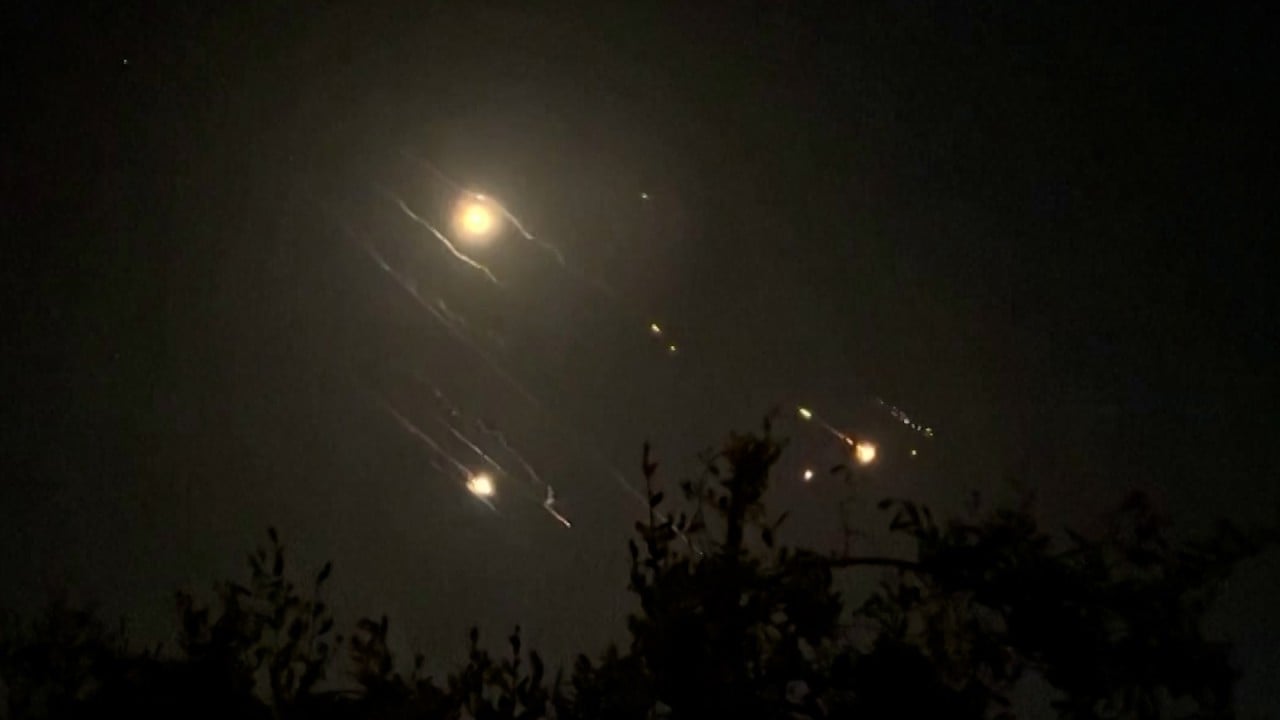But US envoy Amos Hochstein was widely reported to have conveyed an Israeli ultimatum to Nabih Berri, the speaker of Lebanon’s parliament and a political ally of Hezbollah, when they met in Beirut on Tuesday.
Parallel to his visit, Israel’s military announced on Tuesday that “operational plans for an offensive in Lebanon” had been approved by top generals.

The same day, Hezbollah released a 10-minute video of Israel’s main commercial port of Haifa, located 28km south of the Lebanese border, claiming it had been filmed by a drone that had evaded Israeli air defences.
Infuriated by the video, foreign minister Israel Katz responded by warning Hezbollah leader Hassan Nasrallah that “we are very close to the moment of decision to change the rules [of engagement] against Hezbollah and Lebanon”.
“In an all-out war, Hezbollah will be destroyed and Lebanon will be severely hit,” Katz said on the social media platform X.
Addressing a memorial on Wednesday for a Hezbollah commander slain last week by an Israeli air strike, Nasrallah said “no place” in Israel “will be spared our rockets” in the event of all-out war.
The drone-filmed video of Haifa port showed that Hezbollah had already gathered intelligence necessary for the group to accurately target pre-selected targets across Israel with Iran-supplied precision-guided missiles, he said.
Preventing further escalation between Israel and Hezbollah into “what looks like becoming a full-blown war requires a deep change in Lebanese realities”, according to Nir Tuvia Boms, a research fellow at the Moshe Dayan Centre of Tel Aviv University.
Israel’s immediate goal is to enable the return of 60,000 people evacuated last year from towns and settlements near the Lebanese border.
“Israel cannot afford – neither psychologically nor economically – to keep so many people as internally displaced while our borders have de facto diminished,” Boms told This Week In Asia, adding that Israel was “being pushed” into escalating hostilities with Lebanon given a lack of other solutions.
Boms said September, the start of Israel’s new school year, “is now being marked as the last deadline” for the country’s next war with Lebanon.
For any diplomatic solution to be acceptable to Israel, “we need to find a new equation in Lebanon in which Hezbollah is deterred and forced not only to stop firing but to limit its ability to start a new war in the foreseeable future,” he said.
In the meantime, Boms warned that “any strategic hit by Hezbollah” could start a war with Israel.

Responding to the escalating tensions, the US’ Arab allies have reiterated warnings that an Israel-Hezbollah war would quickly conflagrate into a region-wide war in which the US and other Western partners of Israel would face off against the Lebanese group, Iran and their non-state “Axis of Resistance” militia cohorts in Syria, Iraq and Yemen.
Saudi Arabia’s ambassador to Britain Prince Khaled bin Bandar bin Saud on Thursday urged Israel and the international community to “recognise the danger that lies ahead”.
“A regional conflict will not remain regional, it will become international very quickly,” he told delegates attending a conference in London organised by the think tank Chatham House.
Political risk analyst Giorgio Cafiero said “it can be taken for granted” that the US would give Israel “ironclad support” in the event of an all-out war.
While there would be opposing voices in Congress and parts of American society, “the Biden administration and the vast majority of lawmakers on both sides of the partisan divide would be in favour” of the US providing Tel Aviv with high levels of support in any Israeli war against Hezbollah, he said.

Analysts are split over whether Israel’s final decision will be driven by security imperatives or Netanyahu’s often criticised alleged strategy of prolonging the war to retain power.
“Netanyahu’s coalition caters to fanatical segments in Israeli society which believe the solution to the security crisis in northern Israel is to reoccupy and annex part of southern Lebanon and establish settlements in this Lebanese land,” said Cafiero, who is also CEO of Gulf States Analytics, a political risk consultancy based in Washington.
“Netanyahu’s political future depends on keeping this coalition together, and the Israeli prime minister will do whatever it takes to preserve his own power,” he said.
However, Boms said the Israel-Hezbollah issue was “broader than politics”.
Israel “will find consensus here to act although, as usual, not without criticism of this government, which is very polarising”, he said.


